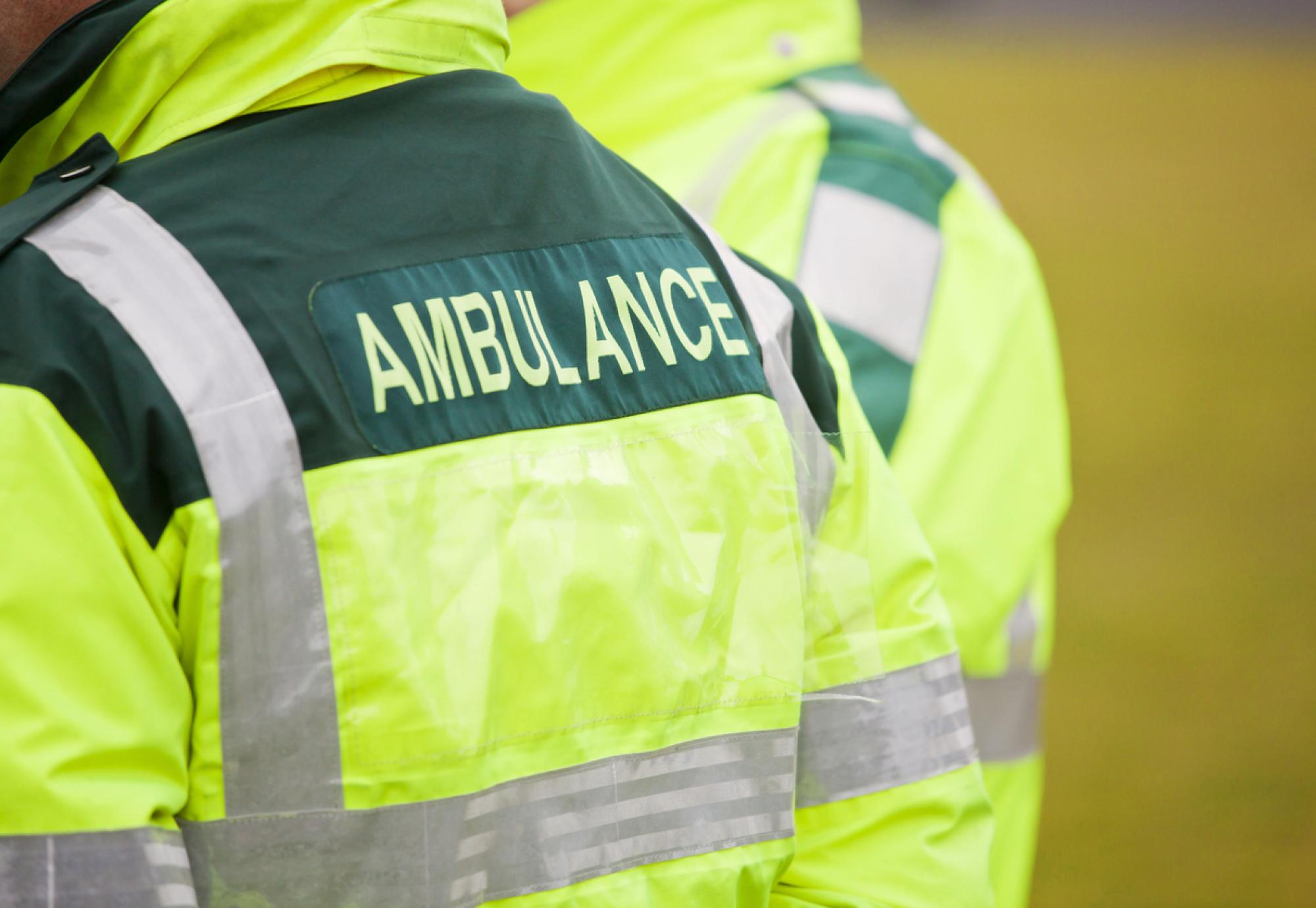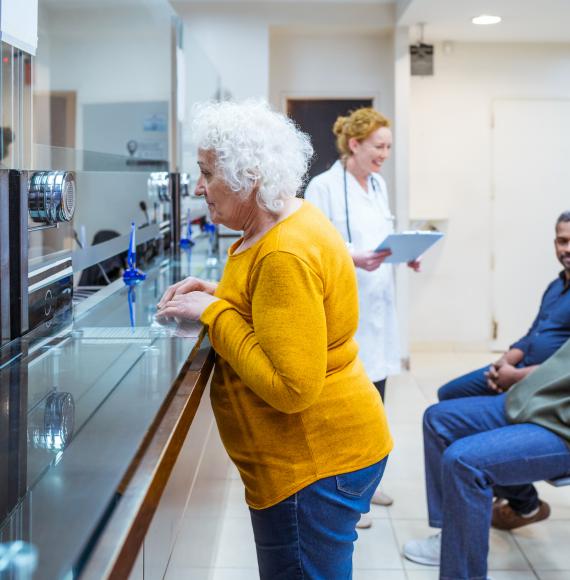According to UNISON, 75,000 people in the NHS experience physical violence and aggression from patients and the public each year.
To tackle this the NHS released a People Plan for 2020/21 which covered a wide range of ways we can look to protect and deliver a safe and inclusive working environment for NHS workers.
The NHS people promise outlines its stance around violence against staff saying: “Leaders across the NHS have a statutory duty of care to prevent and control violence in the workplace – in line with existing legislation – so that people never feel fearful or apprehensive about coming to work.”
In January 2020, NHS England and NHS Improvement and the government developed a joint agreement on offences against emergency workers. It promised to ensure action against violence on staff and saw a violence prevention and reduction standard produced.
Despite this, North Tees and Hartlepool NHS Trust revealed statistics from April 2021 to January 2022 which showed 582 violent incidents on staff, 111 more than the same period the previous year.
The trusts Medical Director, Deepak Dwarakanath said: “Violence and aggression towards our staff is unacceptable. There are no circumstances when aggressive language and physical assault can ever be justified.
“North Tees and Hartlepool trust has a zero-tolerance approach to anyone who commits violence in our hospitals.”
In a recent open letter to staff and colleagues, 44 CEOs from NHS London Trusts and ICS’s set out a strict no tolerance stance say that “abusing our staff is never ok”, whilst showing their support and appreciation to frontline staff.
It stated that “the abuse is at a dangerous level with many of our once hailed heroes fearing for their safety”.
Amongst trusts experiencing a rise in violent attacks on workforce, ambulance staff experienced 32 accounts of abuse or attacks each day last year, resulting in a total of 4,060 incidents in the past five years.
In response to the soaring numbers of attacks on ambulance staff the Association of Ambulance Chief Executives (AACE)launched the #WorkWithoutFear campaign which emphasises the ‘profound impact of abuse on the everyday lives of ambulance staff’.
Amanda Pritchard, NHS Chief Executive, said: “Ambulance staff consistently go above and beyond to ensure people get the help they need in times of emergencies, and have been at the forefront of the country’s response to the covid pandemic.
“The vast majority of patients and the public show nothing but respect and thanks for the skilled care they receive, but the unacceptable actions of a small minority have a massive impact on the professional and personal lives of our ambulance colleagues.
“We should all have the right to work without fear of violence and threats, so I am pleased to support this important campaign as part of our wider NHS violence prevention and reduction work to protect staff wherever they work.”
The AACE published real life accounts of ambulance crew members who had experienced some sort of verbal or physical abuse whilst on duty.
Ambulance staff should be able to #WorkWithoutFear
— North West Ambulance Service (@NWAmbulance) March 11, 2022
Nationally there's been an increase of 48% in the number of assaults against female staff over the last five years. pic.twitter.com/FQyBmQynYO
In an attempt to safeguard ambulance crews, thousands of body cameras were distributed as part of the NHS crackdown on attacks on staff.
The scheme was initially tested in a pilot involving North East Ambulance Service NHS Foundation Trust and after proving successful, all ten ambulance trusts signed up to trying the body cameras.
NHS England and NHS Improvement invested £2.1 million into body worn cameras in 2021-22, with an independent evaluation being commissioned to support further plans.



















